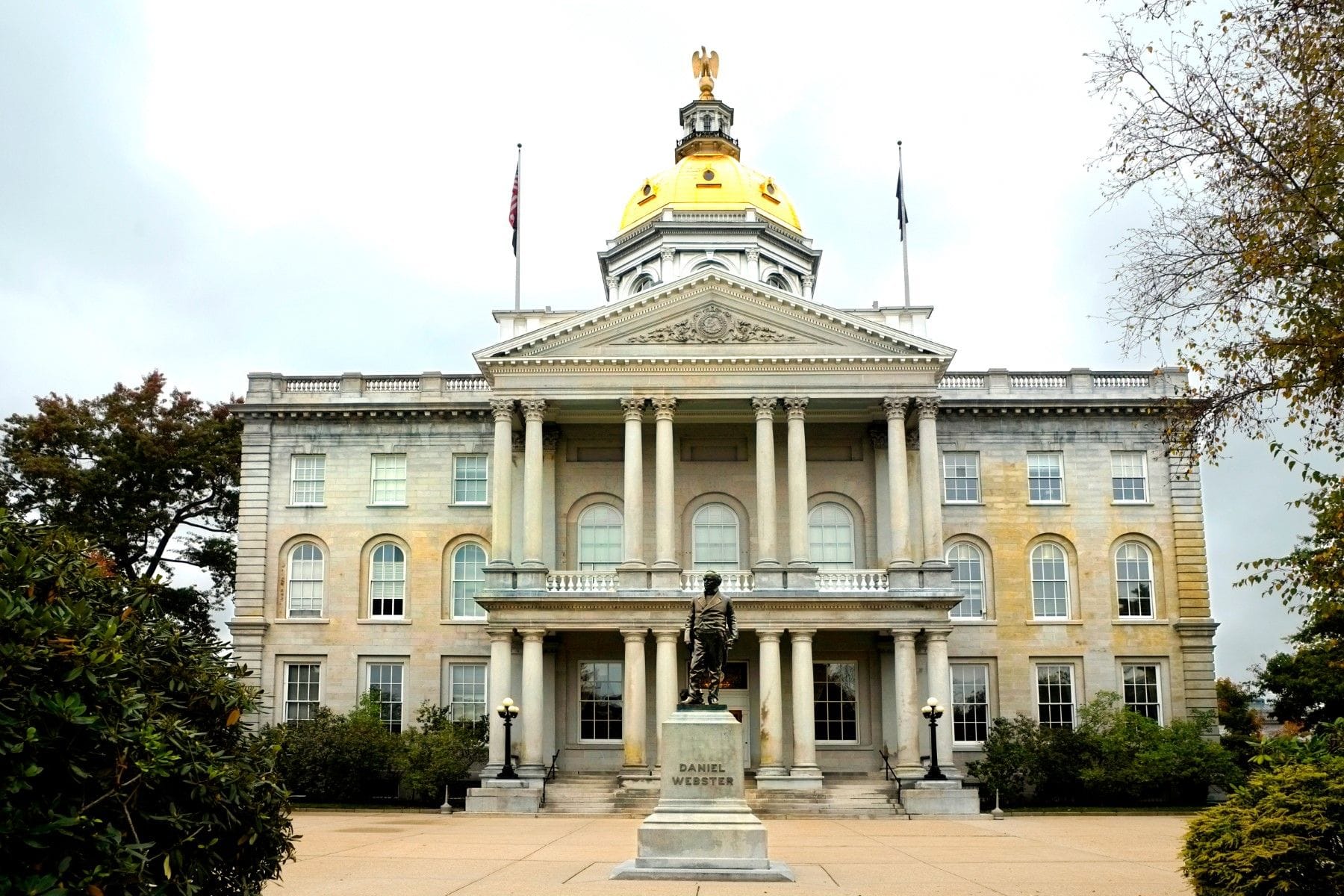New Hampshire Expert Witness Disclosure Requirements
New Hampshire requires timely expert witness disclosures to ensure trial fairness, outlining specific information and ongoing update obligations for compliance.
Updated on
In this article
When Are Expert Witness Disclosures Required in New Hampshire?
In New Hampshire, the disclosure of expert witnesses is a critical component of the pre-trial process, designed to ensure fairness and transparency. The timeline for disclosing expert witnesses is generally governed by New Hampshire Superior Court Rules, specifically Rule 35. This rule requires parties to disclose the identity of any person who may be used at trial to present expert testimony. The initial disclosure deadline is typically set during the pre-trial scheduling conference, which occurs early in the litigation process.
The timing for expert witness disclosures can vary depending on the complexity of the case and the court's schedule. Generally, the court will issue an order specifying the deadlines for initial disclosures and any subsequent supplemental disclosures. These deadlines are crucial, as they allow opposing parties adequate time to prepare for cross-examination or to secure their own expert testimony.
Supplemental disclosures are necessary when new information arises or when there are changes to the expert's initial report. According to Rule 35, parties have a continuing obligation to update their disclosures as the case progresses. Failure to adhere to these timelines can result in various sanctions, emphasizing the importance of timely compliance.
Information That Must Be Included in the Disclosure
Expert witness disclosures in New Hampshire must be comprehensive, ensuring that all relevant information is provided to the opposing party. Rule 35 outlines specific requirements for these disclosures, which include:
- Expert Qualifications: A detailed account of the expert's qualifications, including their education, training, and experience, must be provided. This information establishes the expert's credibility and authority in their field.
- Opinions and Bases: The disclosure must include a summary of the expert's opinions and the basis for these opinions. This involves detailing the methodologies and principles used to arrive at their conclusions.
- Data Considered: Any data or information the expert considered in forming their opinions must be disclosed. This transparency allows the opposing party to assess the validity of the expert's conclusions.
- Fee Structure: The expert's fee arrangement, including hourly rates and any potential additional costs, must be disclosed to ensure there are no conflicts of interest.
- Prior Testimony: Information about the expert's prior testimony, including cases where they have testified in the last four years, is required. This helps assess the expert's experience and potential biases.
These requirements aim to provide a clear and complete picture of the expert's role and the foundation of their testimony.
Supplementing and Amending Expert Disclosures
The duty to supplement or amend expert disclosures in New Hampshire is an ongoing obligation. Under Rule 35, parties must update their disclosures if new evidence emerges or if the expert's opinions change. This requirement ensures that all parties have access to the most current and accurate information.
Supplementation must occur promptly, as soon as the new information becomes available. Failure to update disclosures can have significant consequences, including the exclusion of the expert's testimony. The court may also impose other sanctions, such as fines or adverse inferences, to penalize non-compliance. Therefore, maintaining current and accurate disclosures is essential to avoid jeopardizing the case.
Consequences of Failing to Properly Disclose an Expert
Proper disclosure of expert witnesses is not merely procedural; it is pivotal to the integrity of the trial process. Failure to comply with disclosure requirements in New Hampshire can lead to severe penalties. The most immediate consequence is the potential exclusion of the expert's testimony, which can significantly weaken a party's case.
Courts in New Hampshire have broad discretion to impose sanctions for non-compliance. These may include:
- Motions to Strike Experts: Opposing parties may file motions to exclude an expert from testifying if disclosures are inadequate or untimely.
- Sanctions: The court may impose financial penalties or other sanctions to deter future violations.
- Broader Litigation Risks: Inadequate disclosures can undermine a party's credibility, affecting settlement negotiations and trial outcomes.
These consequences underscore the importance of adhering strictly to disclosure rules and timelines.
State-Specific Rules and Key Considerations
New Hampshire's expert witness disclosure rules, while aligned with the Federal Rules of Civil Procedure (FRCP) in many respects, have specific nuances. Rule 35 of the New Hampshire Superior Court Rules mirrors some aspects of FRCP Rule 26 but includes state-specific provisions that legal practitioners must consider.
One notable distinction is the emphasis on the timing and detail of disclosures tailored to the specific needs of each case. Courts in New Hampshire often exercise discretion in setting deadlines and requirements, reflecting the unique circumstances of the litigation.
Additionally, practitioners should be aware of any local court rules that may impose additional requirements or provide further guidance on expert disclosures. Familiarity with these rules and proactive compliance can mitigate risks and enhance the effectiveness of expert testimony in court.
In conclusion, expert witness disclosures in New Hampshire are a critical component of the litigation process, governed by specific rules and timelines. Adhering to these requirements under Rule 35 of the New Hampshire Superior Court Rules ensures a fair and transparent exchange of information, enabling all parties to adequately prepare their cases. Timely and thorough disclosures not only safeguard the admissibility of expert testimony but also uphold the integrity of the judicial process. Legal professionals must stay vigilant in tracking deadlines, updating disclosures, and complying with both state and local rules to avoid sanctions and maintain a strong strategic position throughout the litigation.


